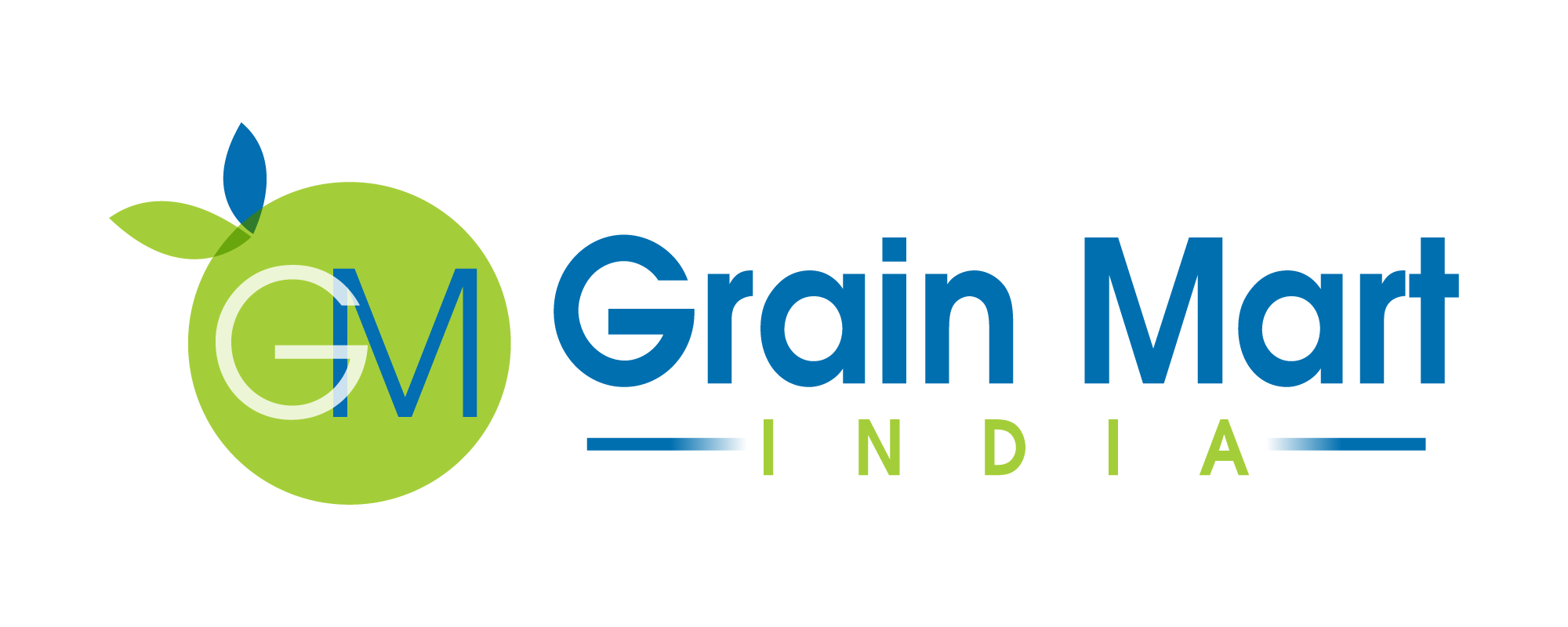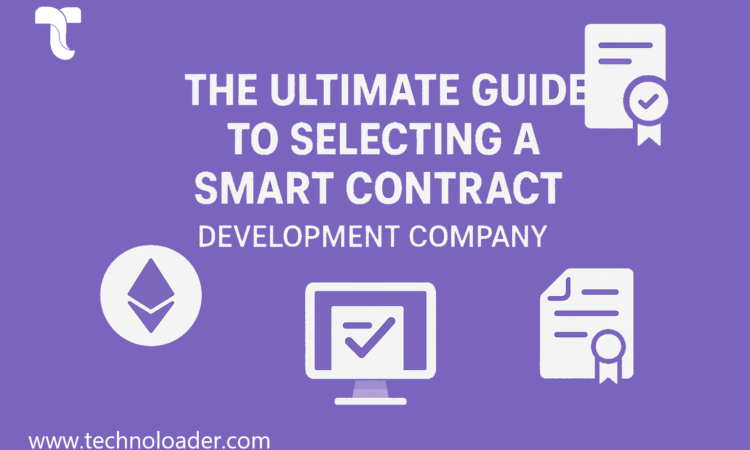The blockchain revolution continues to reshape industries, with smart contracts at the heart of this transformation. In 2025, smart contracts—self-executing agreements powered by blockchain technology—are driving innovation across finance, supply chain, gaming, real estate, and more. With the global blockchain market projected to exceed $469 billion by 2030, businesses are increasingly leveraging smart contracts to automate processes, enhance transparency, and reduce costs. However, building secure, efficient, and scalable smart contracts requires specialized expertise, making the choice of a smart contract development company critical.
This guide offers a roadmap for selecting the best smart contract development company in 2025. We’ll explore key factors to consider, emerging trends shaping the industry, and actionable steps to ensure your smart contract project succeeds. Whether you’re developing a decentralized finance (DeFi) protocol, a non-fungible token (NFT) marketplace, or a supply chain solution, partnering with the right development company is essential to achieving your goals.
Why Choosing the Right Smart Contract Development Company Matters
Smart contracts are complex pieces of code that execute automatically when predefined conditions are met. They eliminate intermediaries, reduce transaction costs, and ensure trust through blockchain’s immutability. However, poorly designed smart contracts can lead to vulnerabilities, financial losses, or operational inefficiencies. High-profile hacks, such as the $600 million Poly Network exploit in 2021, underscore the importance of robust coding and rigorous auditing.
In 2025, the stakes are higher than ever. With increasing regulatory scrutiny, sophisticated cyber threats, and growing user expectations, your smart contract development partner must deliver secure, scalable, and compliant solutions. A reputable company will not only build your smart contract but also ensure it aligns with your business objectives and industry standards. Here’s how to choose the right partner.
Key Factors to Consider When Selecting a Smart Contract Development Company
Expertise in Blockchain Technology
Smart contracts are built on blockchain platforms like Ethereum, Binance Smart Chain, Solana, Polygon, or Cardano. Your development partner must have deep expertise in these ecosystems and proficiency in programming languages like Solidity, Rust, or Vyper. They should also be skilled in developing and deploying smart contracts for various use cases, such as DeFi, NFTs, decentralized applications (dApps), or tokenized assets.
Ask potential companies about their experience with specific blockchain networks and their portfolio of successful smart contract projects. Case studies, client testimonials, or open-source contributions on platforms like GitHub can validate their expertise.
Focus on Security
Security is paramount in smart contract development, as vulnerabilities can lead to catastrophic losses. In 2025, top smart contract development companies implement advanced security measures, including:
- Code audits: Regular audits by third-party firms to identify and fix vulnerabilities.
- Formal verification: Mathematical methods to ensure code correctness.
- Bug bounties: Programs to incentivize ethical hackers to find weaknesses.
- Best practices: Adherence to standards like OpenZeppelin’s secure coding guidelines.
Inquire about the company’s security protocols and whether they partner with reputable auditing firms like CertiK or Quantstamp. A history of delivering hack-free smart contracts is a strong indicator of reliability.
Scalability and Optimization
As blockchain adoption grows, smart contracts must handle high transaction volumes and remain cost-efficient. In 2025, scalability is a priority, with Layer 2 solutions like Arbitrum, Optimism, and zk-Rollups reducing gas fees and improving throughput. A competent development company will optimize smart contracts to minimize gas costs and ensure compatibility with scalable networks.
For example, Polygon’s low-cost transactions have made it a popular choice for DeFi and NFT projects. Your partner should demonstrate expertise in optimizing code for specific blockchains and integrating with Layer 2 solutions.
Customization and Use Case Expertise
Smart contracts serve diverse purposes, from automating financial transactions in DeFi to enabling provenance tracking in supply chains. Your development company should offer tailored solutions that align with your business needs. Whether you’re building a lending protocol, a decentralized exchange (DEX), or a tokenized real estate platform, the company should understand your industry and use case.
Ask about their experience with similar projects and their ability to integrate advanced features, such as:
- Oracles for real-world data integration (e.g., Chainlink).
- Multi-signature wallets for secure governance.
- Upgradable contracts to future-proof your project.
Regulatory Compliance
The regulatory landscape for blockchain and smart contracts is evolving rapidly. In 2025, jurisdictions like the EU, US, and India are enforcing stricter guidelines on digital assets, particularly for DeFi and tokenized securities. A reliable development company will ensure your smart contracts comply with relevant regulations, such as:
- KYC/AML integration for user verification.
- Compliance with securities laws for tokenized assets.
- Transparent governance models for decentralized protocols.
For instance, India’s 30% capital gains tax and 1% TDS on crypto transactions require careful consideration for projects targeting this market. Choose a company with experience navigating global and regional regulations.
Testing and Quality Assurance
Thorough testing is critical to ensure smart contracts function as intended. Leading companies employ rigorous testing methodologies, including:
- Unit testing: To verify individual contract functions.
- Integration testing: To ensure seamless interaction with other systems.
- Stress testing: To evaluate performance under high loads.
- Testnet deployments: To simulate real-world conditions before mainnet launch.
Ask about the company’s testing frameworks and whether they use tools like Truffle, Hardhat, or Foundry for development and testing.
Post-Deployment Support
Smart contracts require ongoing maintenance to address bugs, incorporate upgrades, or adapt to changing market conditions. A reputable company offers post-deployment services, such as:
- Regular updates to ensure compatibility with blockchain upgrades (e.g., Ethereum’s latest forks).
- Monitoring for vulnerabilities or performance issues.
- 24/7 technical support to resolve critical issues.
Check client reviews and Service Level Agreements (SLAs) to assess the company’s commitment to long-term support.
Cost and Timeline
The cost of smart contract development in 2025 varies based on complexity, blockchain platform, and customization. Simple contracts may cost $5,000–$20,000, while complex DeFi or NFT platforms can exceed $100,000. Development timelines range from a few weeks for basic contracts to several months for enterprise-grade solutions.
Request detailed cost breakdowns and timelines from potential partners. Be cautious of companies offering low prices at the expense of quality or security.
Emerging Trends in Smart Contract Development for 2025
Staying ahead in the blockchain industry requires aligning with the latest trends. Here are key developments shaping smart contract development in 2025:
Layer 2 Adoption
Layer 2 solutions are transforming smart contract development by addressing scalability and cost issues. Platforms like Arbitrum and Optimism enable faster, cheaper transactions, making them ideal for DeFi and gaming dApps. Development companies must integrate these solutions to deliver efficient contracts.
AI-Enhanced Smart Contracts
Artificial intelligence is enhancing smart contracts by enabling predictive analytics, automated governance, and dynamic pricing models. For example, AI-powered oracles can provide real-time market data for DeFi protocols, improving decision-making.
Cross-Chain Compatibility
With the rise of multi-chain ecosystems, smart contracts must operate across networks like Ethereum, Solana, and Polkadot. Cross-chain bridges and interoperability protocols like Polkadot’s parachains are critical for seamless asset transfers and data sharing.
Decentralized Identity (DID)
Decentralized identity solutions are gaining traction, enabling secure, privacy-preserving user authentication. Smart contracts integrated with DID protocols can enhance KYC/AML compliance while protecting user data.
Tokenization of Real-World Assets
Tokenizing assets like real estate, art, or commodities is a growing trend. Smart contracts that enable fractional ownership and transparent transactions are in high demand, particularly in DeFi and real-world asset markets.
Sustainable Blockchain Solutions
Environmental concerns are driving the adoption of eco-friendly blockchains like Solana and Algorand. Smart contract developers are optimizing code to reduce energy consumption, aligning with global sustainability goals.
Steps to Choose the Right Smart Contract Development Company
- Define Your Project Scope: Outline your use case, target blockchain, and desired features. Specify whether you need a DeFi protocol, NFT marketplace, or other solution.
- Research Potential Partners: Shortlist companies with strong portfolios, relevant experience, and positive client feedback. Check their GitHub repositories or case studies for credibility.
- Evaluate Technical Expertise: Assess their proficiency in blockchain platforms, programming languages, and tools like Hardhat or Chainlink. Request technical documentation.
- Request Proposals: Ask for detailed proposals, including cost estimates, timelines, and security measures. Compare multiple vendors to identify the best fit.
- Verify Security Practices: Ensure the company conducts thorough audits and follows secure coding standards. Ask about their partnerships with auditing firms.
- Check Regulatory Compliance: Confirm their ability to integrate KYC/AML and comply with local regulations in your target market.
- Review Testing Processes: Inquire about their testing methodologies and tools to ensure high-quality deliverables.
- Negotiate Terms: Finalize the contract with clear SLAs, milestones, and post-deployment support terms.
Why Technoloader Stands Out in 2025
When it comes to smart contract development, Technoloader is a trusted leader for businesses aiming to build cutting-edge blockchain solutions in 2025. With a proven track record of delivering secure, scalable, and innovative smart contracts, Technoloader is redefining the blockchain landscape. Here’s why they are the ideal partner:
- Deep Blockchain Expertise: Technoloader specializes in developing smart contracts for Ethereum, Binance Smart Chain, Solana, and other leading platforms. Their developers are proficient in Solidity, Rust, and Vyper, ensuring high-quality code for DeFi, NFTs, and more.
- Robust Security Practices: Technoloader prioritizes security with comprehensive audits, formal verification, and adherence to OpenZeppelin standards. Their contracts are designed to withstand sophisticated attacks, protecting your assets and reputation.
- Scalable Solutions: Leveraging Layer 2 technologies and optimized coding practices, Technoloader ensures your smart contracts are cost-efficient and capable of handling high transaction volumes.
- Tailored Development: Whether you need a DeFi lending protocol, an NFT marketplace, or a supply chain solution, Technoloader delivers customized smart contracts aligned with your business goals.
- Regulatory Compliance: Technoloader integrates KYC/AML modules and ensures compliance with global regulations, making their solutions suitable for markets like the US, EU, and India.
- Comprehensive Testing: Their rigorous testing processes, including unit, integration, and stress testing, guarantee reliable and bug-free smart contracts.
- Post-Deployment Excellence: Technoloader offers 24/7 support, regular updates, and maintenance to keep your smart contracts future-proof and operational.
- Cost-Effective and Timely: With competitive pricing and efficient development processes, Technoloader delivers projects on time and within budget, without compromising quality.
Technoloader’s client-centric approach and commitment to innovation have empowered businesses worldwide to launch successful blockchain projects. Their expertise, reliability, and focus on delivering value make them the go-to smart contract development company in 2025.
Conclusion
Selecting the right smart contract development company in 2025 is a critical decision that can determine the success of your blockchain project. By prioritizing expertise, security, scalability, customization, and compliance, you can build smart contracts that drive innovation and deliver value. Staying aligned with trends like Layer 2 adoption, AI integration, and cross-chain compatibility will ensure your project remains competitive in a dynamic market.
For businesses seeking a trusted partner, Technoloader stands out as a premier smart contract development company. With their deep expertise, robust security practices, and commitment to delivering tailored solutions, Technoloader empowers you to transform your vision into reality. Whether you’re building a DeFi protocol, an NFT marketplace, or a tokenized asset platform, Technoloader’s innovative approach and reliable support make them the ideal choice for 2025.
Call/Whatsapp: +91 7014607737
Telegram: @technoloader
Email: info@technoloader.com
Visit Website: https://www.technoloader.com/smart-contract-development







